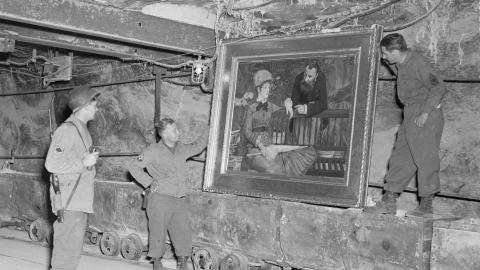League of Nations instituted
On January 10, 1920, the League of Nations comes into being when the Covenant of the League of Nations, ratified by 42 nations in 1919, takes effect. Beneath the relief at the end of World War I lay a fear that another war to end all wars might occur. Thus, the League of Nations was established to resolve international crises and prevent such a recurrence. Although U.S. President Woodrow Wilson had proposed the organization, the U.S. Senate refused to approve American participation, citing fears that the League would reduce U.S. authority.
In November 1920, the League of Nations held its first meeting in Geneva. During the 1920s, the League incorporated new members and mediated minor international disputes but was often disregarded by the major world powers. The organization's authority, however, was not seriously challenged until the early 1930s, when a series of events exposed it as ineffectual. Japan quit the organization after its invasion of China was condemned, and the League was likewise powerless to prevent the rearmament of Germany and the Italian invasion of Ethiopia. The declaration of World War II was not even referred to by the then-virtually-defunct League.




